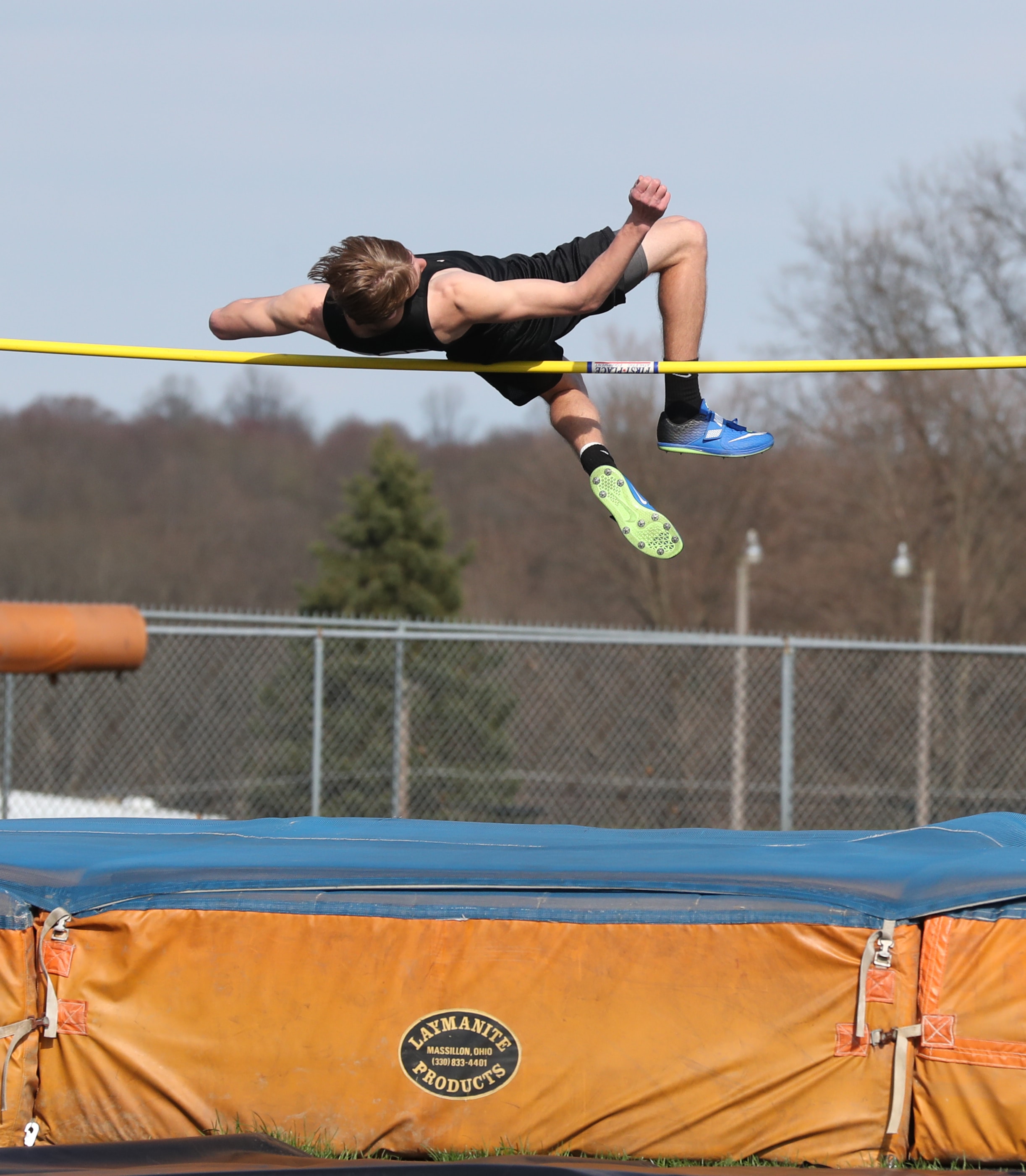Attaining an elite status in competition requires a tremendous amount of inner drive and self discipline. The fire comes from the inside, and yet the skills that we employed were most definitely learned from others. We all had coaches who taught us, challenged us, and brought us new opportunities. They took our talent and drive and molded us into the competitive athletes we became. For others, those voices were those of our families or mentors, supporting us, pushing us when we needed it. Their voices still ring in our ears many years after competition fades, and we have passed on some of their lessons in a variety of ways.
This also represents one of the more intricate elements of life after competition. What happens when we no longer have those coaches to give us direction, to kick us or coax us when we need it? In life after competition, we do not have the option of waiting for someone to give us that direction. We have to take over for that external voice and rely solely on our own internal resources. This leaves us to seek out actively the information we need to move ahead. There is no passive reception – we provide the direction ourselves.
This is not to say that we will not find mentors and inspirational figures in life. That is most certainly the case, and we learn to appreciate them when they come along. That said, the relationship is not the same. The coach-player relationship is unique, because it is a two-way street. The player needs the coach to learn and to provide the opportunities to compete, and the coach needs the player to succeed. Coaches won’t coach for long if their players don’t play for them. In life, bosses and supervisors rely upon those they lead, but true mentors do what they do because they have a desire to pass something on to the next generation.
The concept of ‘Life Coaches’ has been around for some time now, and those who do that work are well intended. They take on a similar role to that of our coaches in sports. They direct, teach, and inspire. For some, they play an important role in finding a direction in life after sports. This becomes a way to fill the void that is left after the competition ends, and the voices of our coaches fade to echoes. It will be interesting to hear if any of our fellow Shifters have had experiences with Life Coaches, positive or otherwise.
Family will remain with us going forward, and hopefully continue to provide us with support in our next ventures. Their process of transition to life after sports is real, as well. Whether in the structure of their lifestyle or in their vicarious living through our competitive experiences, competition is over for them as well. Some handle it well, and others not at all. Their process is not our process, and yet it impacts us. Dealing with that conflict is certainly better handled openly and honestly. Going through it together results in a foundation of mutual understanding. But it is far from easy.
There are other ways of dealing with these complex transitions and refocusing as well, and with different outcomes for different people.This is where we will jump into this edition of our discussion forum.
Questions for discussion:
- What characteristics did you value most in the best coach you ever had? Have you found similar relationships in life after sports?
- What resources are most valuable to those who may be struggling to find that same direction in their lives that a coach might once have provided?
- How do you ‘coach’ yourself through difficult situations? How might others benefit from this approach?
